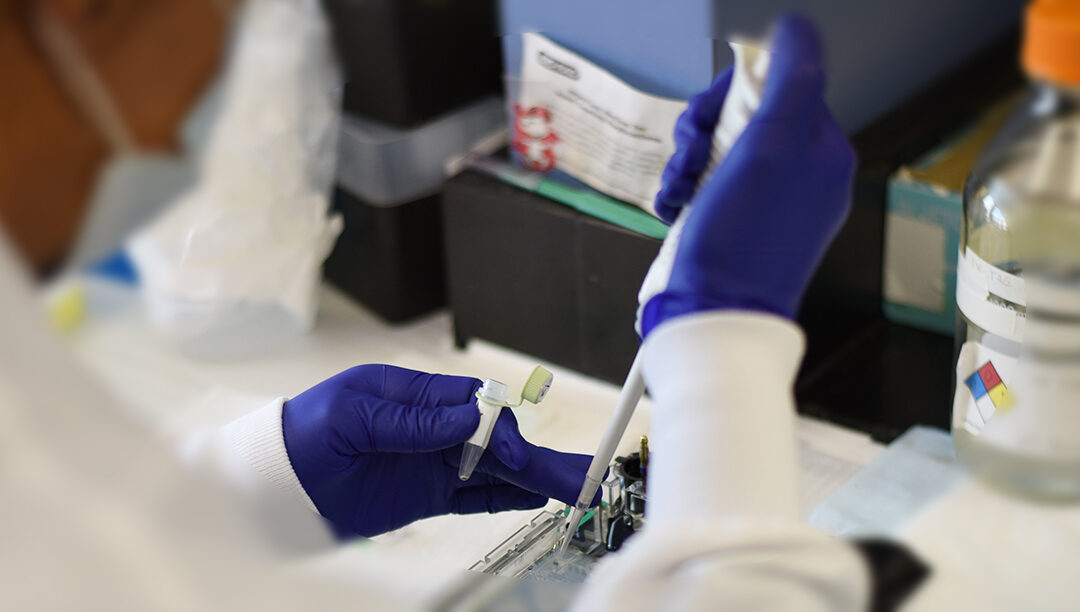Training with Harry Kim, M.D., M.S., the director of the Center for Excellence in Hip, Valencia was awarded the PROMIS® Health Organization Trainee Poster Award for his work analyzing data from PROMIS® Health Organization’s patient-reported outcomes measurement information system (PROMIS®), which allows patients to evaluate and monitor their physical, mental and social health.

Kim is a founding member and Chair of the International Perthes Study Group (IPSG), a group of more than 50 pediatric orthopedic surgeons and researchers from 16 different countries dedicated to improving the care of patients with Perthes disease. “Although there are still uncertainties with the condition, we have made significant strides in advancing the clinical research and treatment,” says Kim.
The study shed light on patients’ quality of life following Legg-Calvé-Perthes disease, one of the most common childhood hip disorders that can result in significant hip deformity and early-onset osteoarthritis. These findings will allow clinicians to identify at-risk patients who would most benefit from mental health resources before developing significant depressive symptoms or anxiety. This study also shows the need for further work in identifying other risk factors for adverse mental health outcomes and evaluating current practices of psychological support.
In a healthy hip joint, the ball of the joint, or the round femoral head of the femur, fits perfectly into the round socket of the pelvis. Perthes disease interrupts the flow of blood to the femoral head causing all or part of it to die. When osteonecrosis, or bone death, occurs, it results in the ball breaking or deforming under pressure from normal rigorous childhood activities. Patients generally heal without surgical intervention, but the process can be slow. If the femoral head remains misshapen, long-term issues like pain and stiffness can arise.
Valencia retrospectively analyzed 62 patients aged 11 years or older in the healed stage of Perthes disease who reported on their physical mobility, pain interference, fatigue, anxiety, depressive symptoms and peer relationships at the time of their visit. The results showed a significant correlation between the degree of femoral head deformity and patient-reported mental health. As patients’ mobility decreased, their fatigue, pain interference, anxiety and depressive symptoms increased. “This study highlighted the wealth of knowledge that patients can impart on clinicians to improve their care with the use of patient-reported outcome measures,” Valencia says. “By utilizing these measures and addressing patient psychosocial needs in their treatment, clinicians will have a greater perspective to provide patient care at a more comprehensive level.”
Interestingly, the study did not show a considerable correlation between femoral head deformity and peer relationships. “This is likely due to the variability of social support systems and interests of patients,” Valencia says. “For example, a severely deformed femoral head in a child who likes to engage in many sports activities with their friends may respond differently than a child who enjoys socializing with computer-related activities that do not require as much movement and loading on the hips.”
Valencia is proud of this achievement and the work he and the researchers at Scottish Rite for Children are doing. “I cannot overstate what an honor it has been working with Dr. Kim and the rest of the Perthes team at Scottish Rite, and I look forward to continuing our research in Perthes patient-reported outcome measures,” he says.

